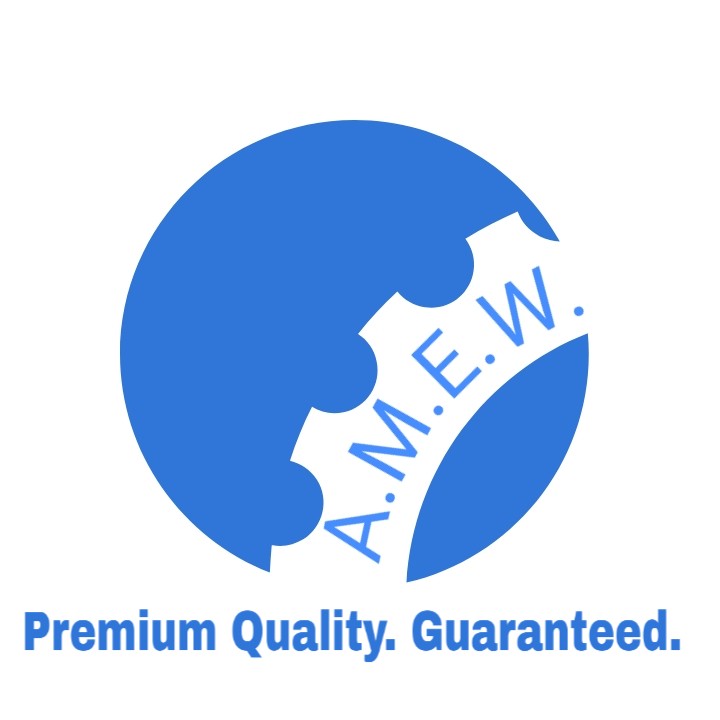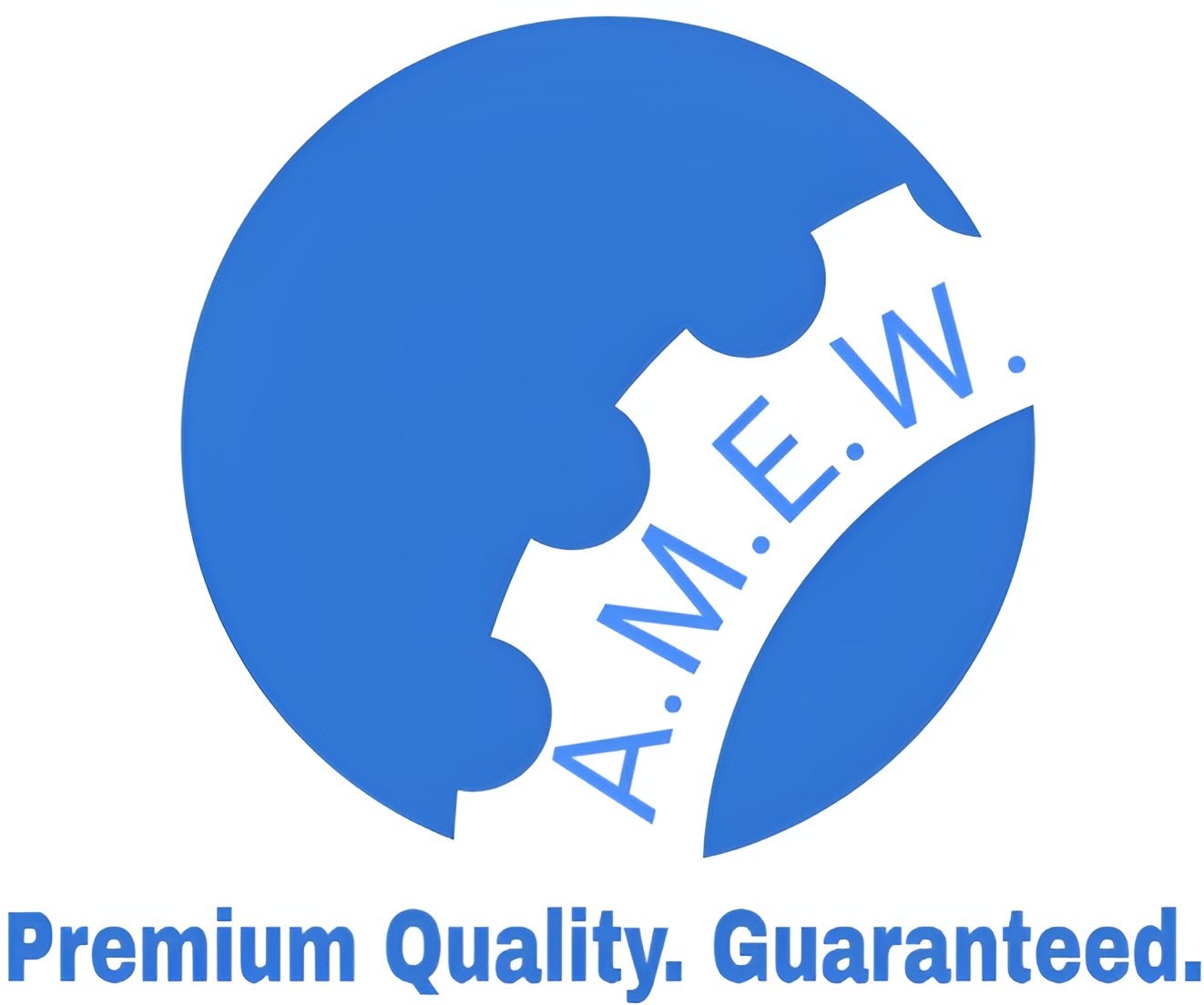Description
Somers: High-Quality Forgings for the Power Generation Industry
At Somers, we are renowned for producing high-performance forgings designed for the power generation industry, meeting the stringent demands of both traditional and renewable energy sectors. Whether used in fossil fuel plants, nuclear power stations, hydroelectric facilities, or wind turbines, our forgings are engineered for exceptional strength, durability, and efficiency. With decades of experience in the forging industry, we offer reliable solutions that ensure long-lasting performance in the most demanding environments.
Table of Contents
- Applications of Forgings in Power Generation
- Key Forged Components for Power Plants and Energy Systems
- Grades of Materials Used in Power Generation Forgings
- Benefits of Forged Components in Power Generation
- Certifications and Standards for Power Generation Forgings
- Why Choose Somers for Power Generation Forgings?
- Our Power Generation Manufacturing Capabilities
1. Applications of Forgings in Power Generation
Forgings are essential to power generation facilities, where they play critical roles in enhancing the efficiency, reliability, and safety of energy production systems. The power generation industry spans a range of energy sources, each with unique demands for forged components:
- Fossil Fuel Power Plants: Forged turbine shafts, rotors, and boiler components
- Nuclear Power Plants: Forgings for reactor vessels, steam generators, and turbine components
- Hydroelectric Power Plants: Forged shafts, turbines, and water flow control systems
- Wind Power: Forgings for turbine hubs, gearboxes, and rotor shafts
- Gas Turbine Power Plants: High-temperature turbine discs, shafts, and blades
- Solar Power: Forgings for structural mounts, frames, and support systems for concentrated solar power (CSP) plants
Forgings are essential for power generation equipment due to their ability to withstand high pressure, temperature extremes, and continuous operation, ensuring reliable energy production across all sectors.
2. Key Forged Components for Power Plants and Energy Systems
Somers produces a wide range of critical forged components that enhance the performance and reliability of power generation systems. Our expertise ensures that each component meets the rigorous demands of power plants and energy production equipment.
2.1 Turbine Shafts and Rotors
Turbine shafts and rotors are central to power generation systems, converting thermal or mechanical energy into electrical power. Forged turbine components offer exceptional strength, fatigue resistance, and the ability to withstand high rotational speeds and elevated temperatures.
2.2 Generator Shafts
Generator shafts are crucial in converting mechanical energy into electrical power. Forged generator shafts provide the structural integrity needed to handle the high torque and rotational forces encountered during power generation.
2.3 Steam and Gas Turbine Blades
Forged turbine blades in steam and gas turbines are subjected to extreme temperatures and pressures. These blades must resist creep, thermal expansion, and wear, ensuring efficient power conversion in gas and steam turbine systems.
2.4 Pressure Vessels and Boilers
In power plants, pressure vessels and boilers must endure high-pressure and high-temperature conditions. Forged pressure vessel components, including flanges, heads, and covers, offer superior resistance to mechanical stress and thermal fatigue, ensuring long-term safety and reliability.
2.5 Wind Turbine Components
In wind power, forged components such as rotor hubs, main shafts, and gearboxes provide the strength and durability needed to support heavy rotor loads and resist fatigue under continuous operation.
2.6 Hydropower Turbines and Shafts
Forged components in hydroelectric systems, such as turbine runners and drive shafts, provide high resistance to corrosion and erosion from water flow. These components must be able to withstand submersion, high pressures, and variable water flow over time.
2.7 Structural Components for Renewable Energy
Forged structural components are used in wind turbine towers, solar power arrays, and energy storage systems. These parts must be durable, corrosion-resistant, and able to withstand extreme weather conditions and continuous loads.
3. Grades of Materials Used in Power Generation Forgings
The choice of materials for power generation forgings is critical to ensuring that components can endure extreme temperatures, high pressures, and mechanical stress. Somers utilizes a range of high-performance materials tailored to the needs of various power generation sectors.
| Material | Grade | Application |
|---|---|---|
| Stainless Steel | 304, 316, 410, 422 | Turbine blades, generator shafts, steam pipes, and valves |
| Nickel Alloys | Inconel 718, Inconel 625 | Gas turbine blades, turbine rotors, and heat exchangers |
| Carbon Steel | AISI 1045, AISI 1060 | Forged shafts and rotors for turbines and generators |
| Low Alloy Steel | 2.25Cr-1Mo, 9Cr-1Mo | Steam turbine components, boiler parts, and pressure vessels |
| Aluminum Alloys | 7075, 6061 | Structural components in solar energy systems and wind turbines |
| Copper Alloys | C18100, C18200 | Electrical connectors, heat exchangers, and generator windings |
| Titanium Alloys | Ti-6Al-4V | Lightweight, high-strength parts for wind turbines and solar mounts |
| Cobalt-Based Alloys | Stellite 6, Haynes 188 | High wear resistance in gas turbine blades and valve components |
These materials are selected based on their mechanical properties, resistance to high temperatures, corrosion resistance, and wear resistance, ensuring that power generation forgings deliver long-lasting performance.
4. Benefits of Forged Components in Power Generation
Forging offers several advantages for components used in power generation, making it the preferred method for producing critical parts in turbines, generators, and other energy systems.
4.1 Superior Strength and Durability
Forged components offer greater tensile strength and impact resistance than parts made by casting or machining. This makes them ideal for use in high-stress environments, such as turbines and generators, where parts are subjected to extreme forces.
4.2 Enhanced High-Temperature Performance
Power generation equipment often operates at elevated temperatures, particularly in steam and gas turbines. Forged components made from high-temperature alloys retain their strength and resist thermal deformation, ensuring reliability and efficiency over time.
4.3 Improved Fatigue Resistance
Forgings are more resistant to cyclic stress, which is crucial for components like turbine blades and generator shafts that experience repeated loading. This increases the lifespan of power generation components, reducing maintenance costs and downtime.
4.4 Corrosion and Erosion Resistance
Many power generation components are exposed to corrosive environments, such as steam, saltwater, and chemical by-products. Forged materials like stainless steel, nickel alloys, and copper alloys offer superior resistance to corrosion, ensuring longer service life in harsh conditions.
4.5 Grain Refinement for Superior Performance
The forging process aligns the metal grain structure, resulting in improved fatigue strength, fracture toughness, and wear resistance. This is critical for applications in turbines, pressure vessels, and high-speed rotating machinery.
5. Certifications and Standards for Power Generation Forgings
At Somers, we ensure that all of our forgings for the power generation industry meet the most stringent quality standards and regulatory requirements. Our manufacturing processes comply with the following industry certifications:
- ASME (American Society of Mechanical Engineers): Certification for pressure vessels and boiler components
- ISO 9001: Quality management system certification for consistent product quality
- ISO 14001: Environmental management certification for sustainable production practices
- NQA-1 Certification: Quality assurance standards for nuclear power plant components
- API (American Petroleum Institute): Certification for power generation equipment used in the oil and gas industry
- PED (Pressure Equipment Directive): Certification for pressure equipment used in energy generation systems
- ASTM Standards: Compliance with material and testing standards for forging quality and performance
These certifications ensure that our forgings meet the highest standards for safety, performance, and reliability in power generation.
6. Why Choose Somers for Power Generation Forgings?
6.1 Decades of Expertise
With decades of experience in the forging industry, Somers has a proven track record of delivering high-quality forgings for power generation systems. We have worked with leading energy companies across multiple sectors, providing custom-engineered solutions that meet the unique demands of each application.
6.2 High-Performance Materials
We use premium materials tailored to the specific needs of power generation systems, from high-temperature alloys for turbines to corrosion-resistant materials for offshore






